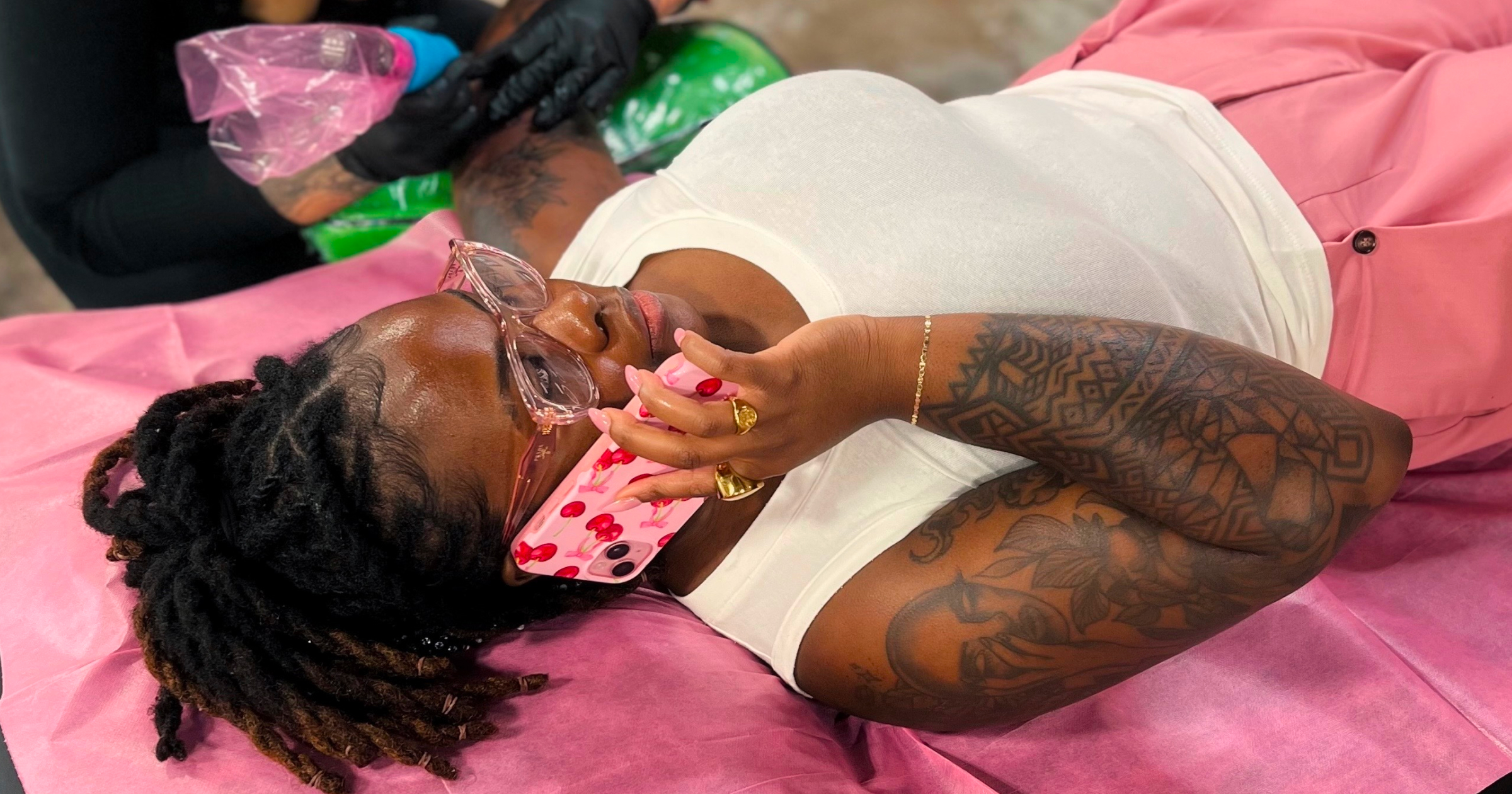Story
/ (about me)

Hello there, I'm Crystal, a highly proficient daydreamer, art director, and designer. I've always had an innate desire to make things look and feel beautiful. So, it's no surprise that I’ve found a home in design.
I've spent most of my career 'making a way out of no way,' navigating tight timelines and budgets, turning constraints into impactful creative work.
My ethos is rooted in concept-driven design. I like to refer to it as a Tiny Anarchy, design choices made with thoughtful consideration rather than trends. A refusal to automate and design for design's sake, but to create bespoke designs that feel right for the brand.
When I'm not designing for money, I'm designing for fun; you should see my five-star Animal Crossing island. I'm the resident photographer and Instagram post curator of my friend group, and I enjoy reading, lifting weights, and learning to play the flute.
I've spent most of my career 'making a way out of no way,' navigating tight timelines and budgets, turning constraints into impactful creative work.
My ethos is rooted in concept-driven design. I like to refer to it as a Tiny Anarchy, design choices made with thoughtful consideration rather than trends. A refusal to automate and design for design's sake, but to create bespoke designs that feel right for the brand.
When I'm not designing for money, I'm designing for fun; you should see my five-star Animal Crossing island. I'm the resident photographer and Instagram post curator of my friend group, and I enjoy reading, lifting weights, and learning to play the flute.
Art Director + Design lead
RGP
2023-Present
Senior UX/UI Designer
Veracity Consulting Group
2021 - 2023
UX/UI designer
COLAB
2019-2021
Graphic designer
Virginia Association of Museums
2017 - 2019
I design for wonder
process
/ (how i work)
Research
The initial phase is an in-depth exploration of your brand; understanding your target audience, competitors, needs, and unique voice and tone.
Conception
Establishing the brand’s visual direction through positioning and messaging lays the foundation for compelling design. This strategic framework acts as a roadmap, guiding the entire creative process.
EXECUTION
Bringing concepts to life through visual elements, creating mood boards, prototypes, mock ups, and eventually, the final designs.
My toolbox: Figma; Adobe Illustrator, Photoshop, Lightroom, InDesign; Sketch
EVALUATION
Seeking feedback from key stakeholders or conducting user testing to gauge the effectiveness of the design.

Glossier
Art Direction, Graphic Design, Product Development

Veracity by RGP
Art Direction, Web Design, Brand Identity, Graphic Design
